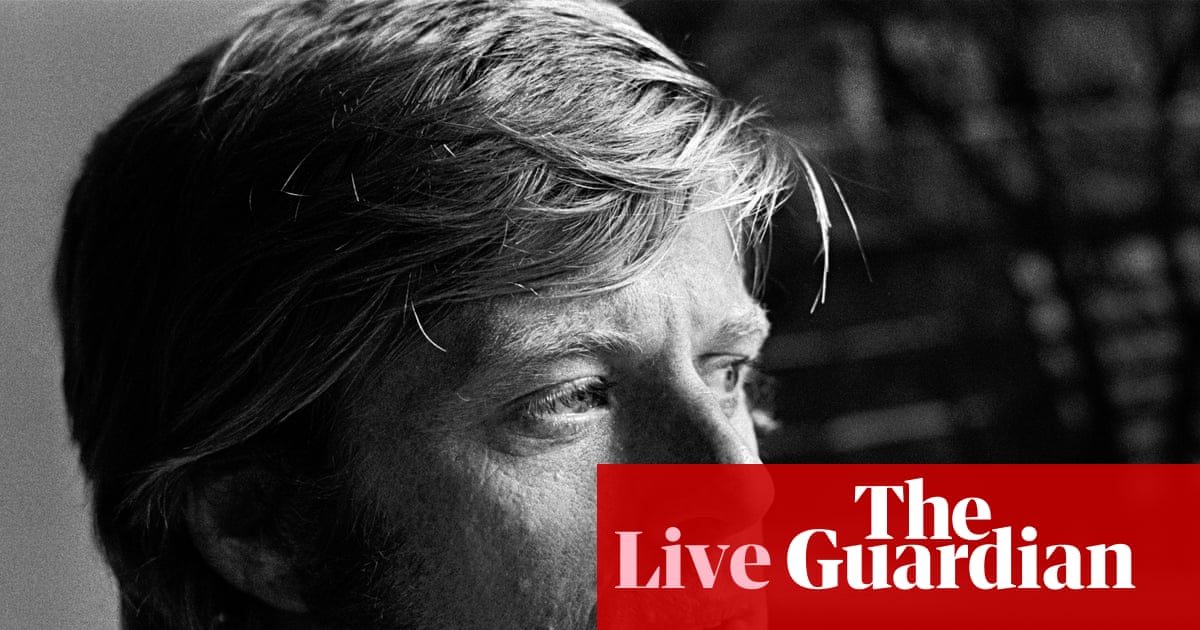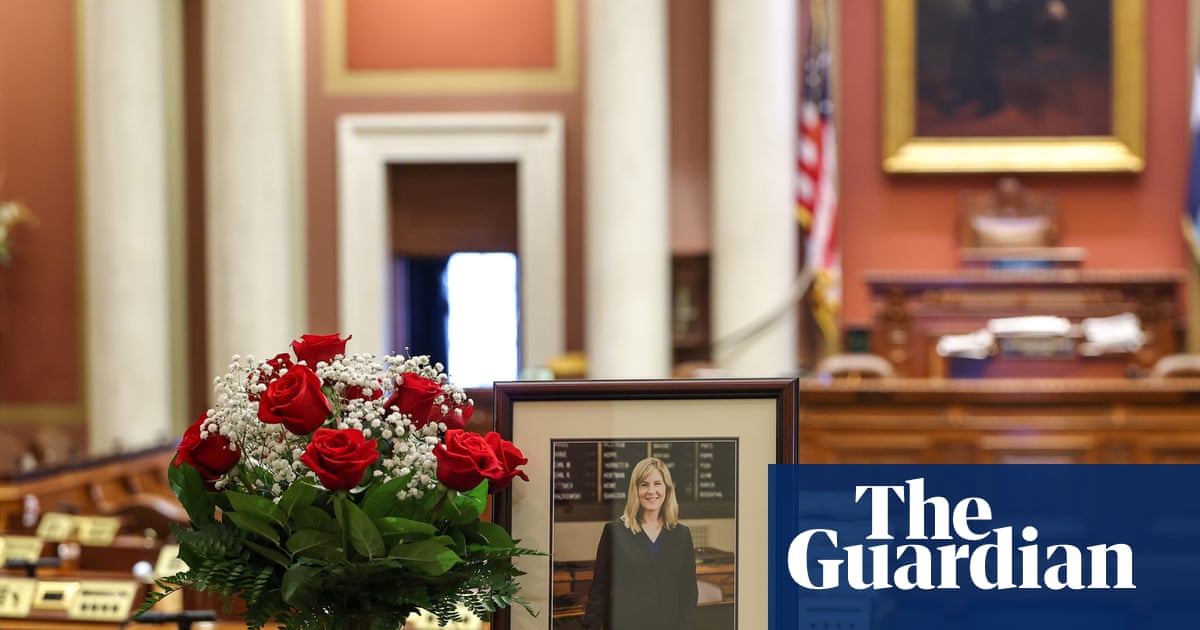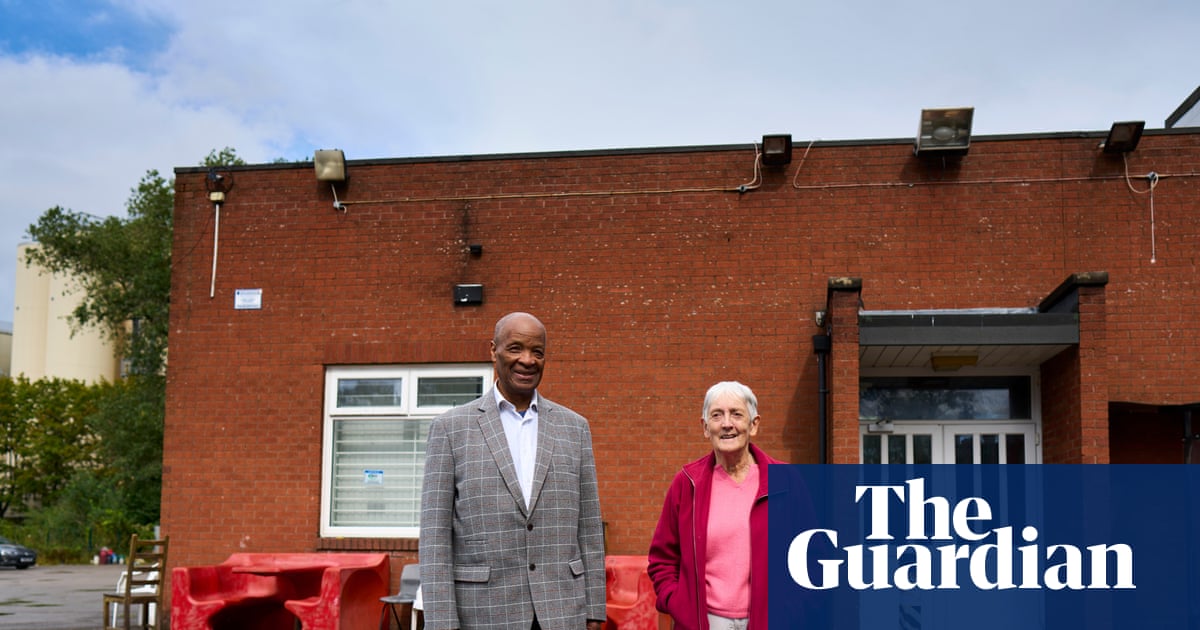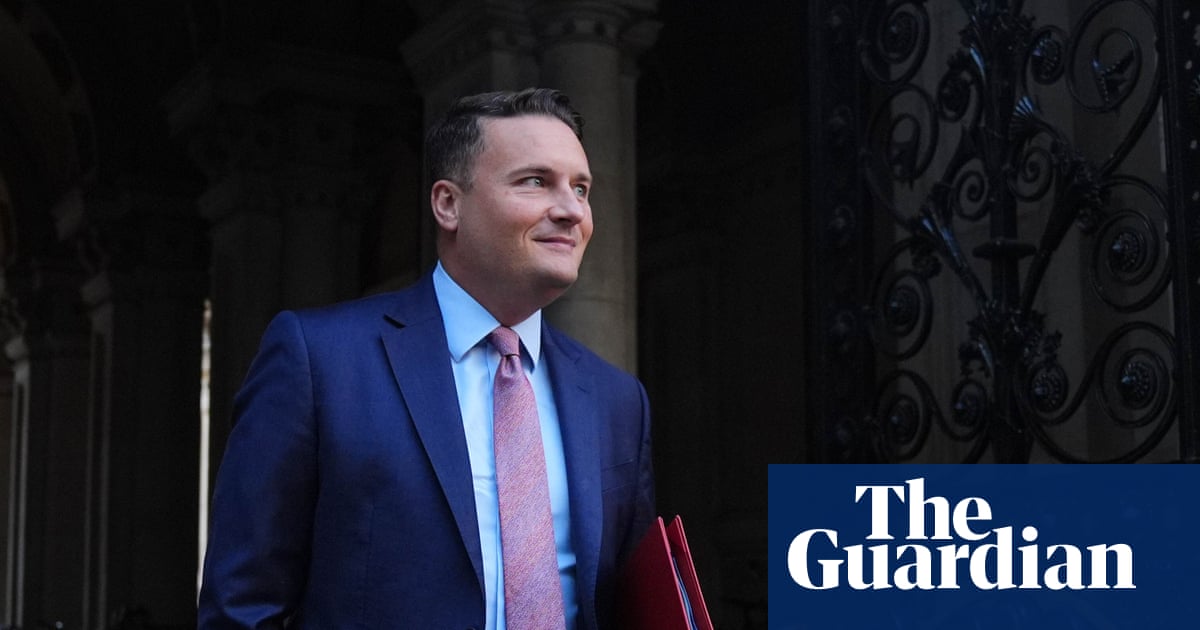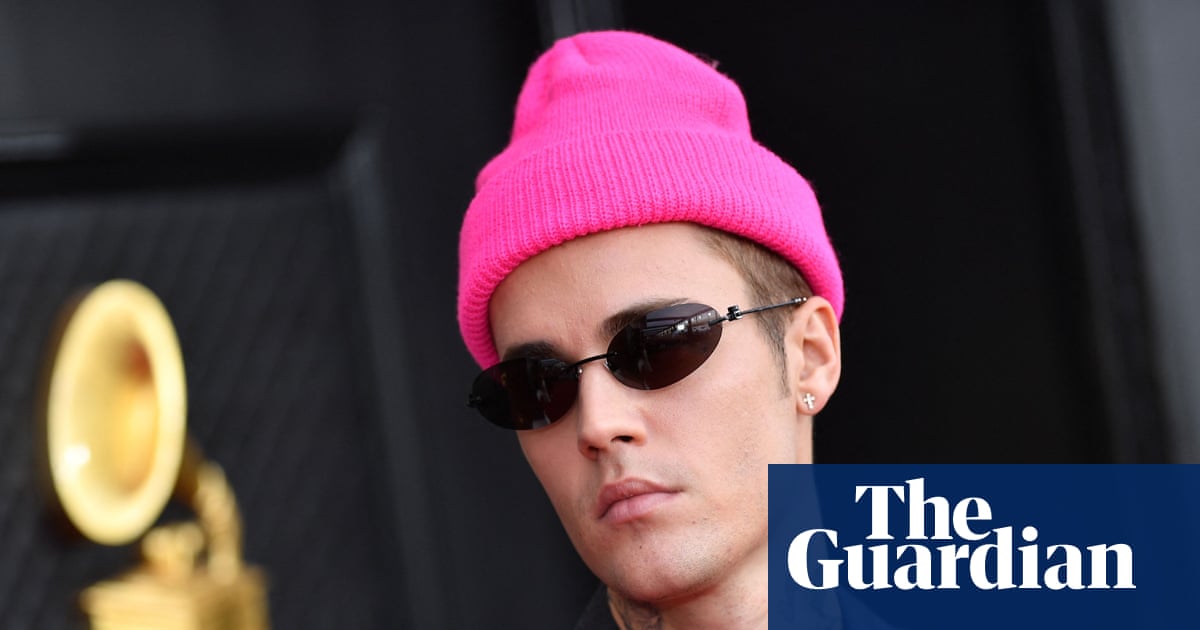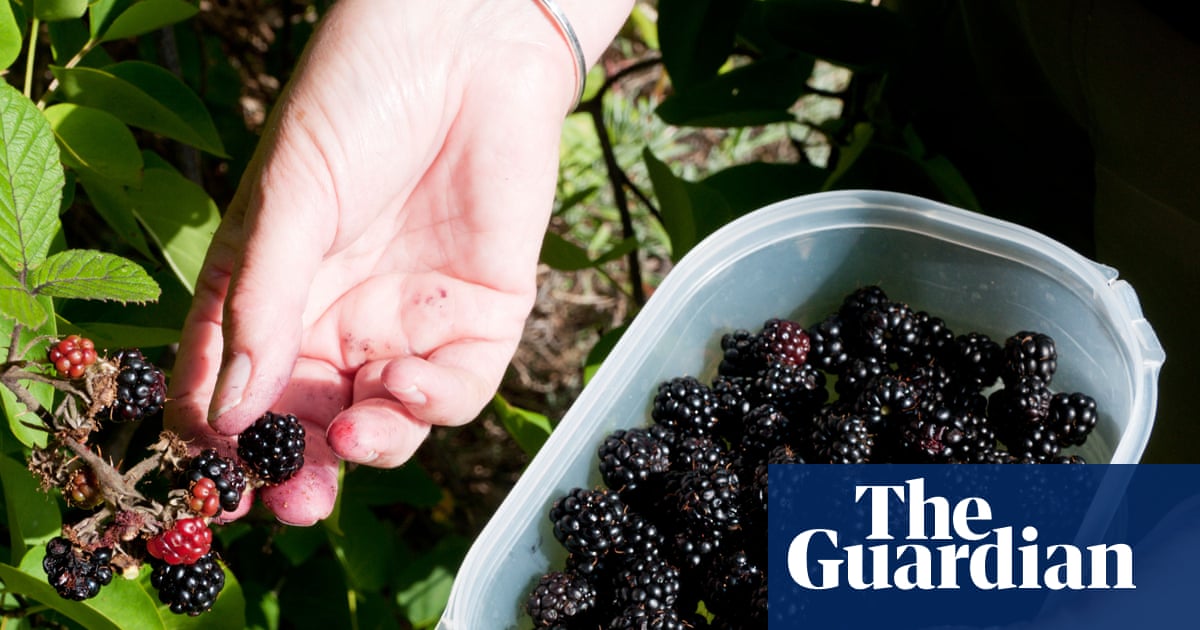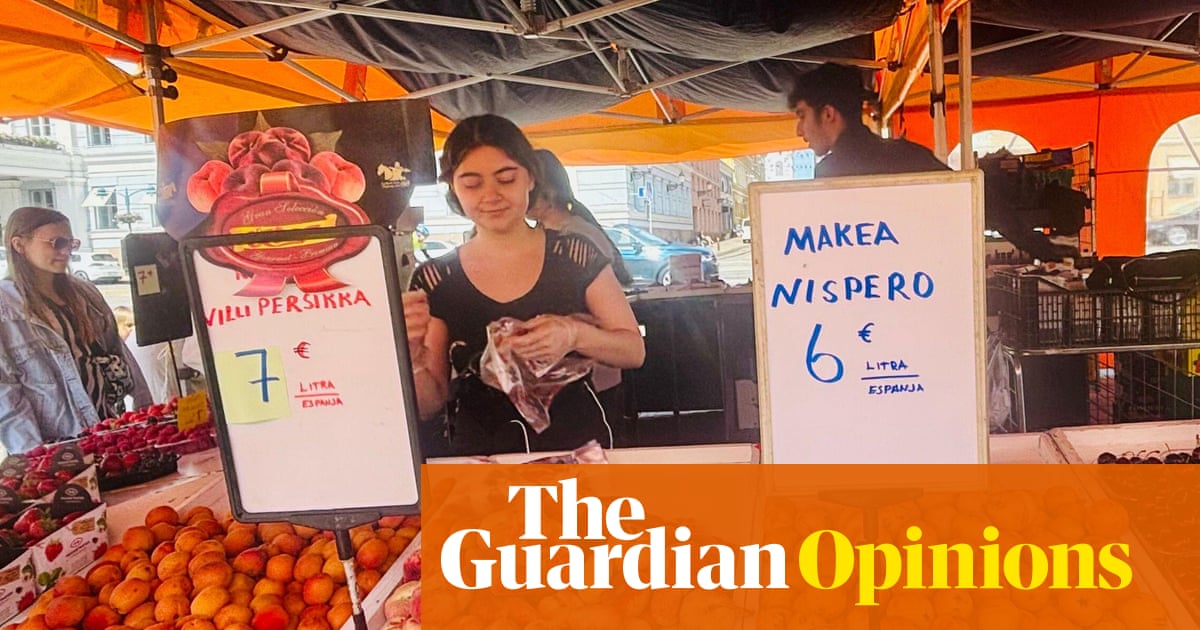Turning children into capitalists – that’s the purpose behind the new “Trump account”, which will give every new baby born in the US during the president’s second term $1,000 to be invested in the stock market. Now, little shareholders can identify with the US companies they invest in. “Hey … I own 50 bucks of McDonald’s” was an example given by senator Ted Cruz. This is a surprise element in Donald Trump’s “big beautiful bill”, which gives $1.1tn in tax cuts to the very rich funded by cutting Medicaid, food assistance and the education department.
This joins a range of policies from rightwing parties around the world which look, on the face of it, to be pro-child or pro-family. In Hungary, Viktor Orbán announced an income tax exemption for mothers of two or three children – previously, only mothers of four or more children were exempt. Meanwhile, Nigel Farage in the UK has proclaimed that Reform would end the two-child benefit cap.
Yet in reality, the policies are anything but. Trump’s baby bond is not a pro-family poverty alleviation scheme, but his way of creating the “shareholding democracy” Margaret Thatcher dreamed of when she promised in her 1985 conference speech to make “owning shares as common as having a car”. Her government sold off nationalised companies cheap to encourage the capitalist impulse in British citizens: that’s when we lost gas (“If you see Sid, tell him”), water and electricity alongside British Airways and others. It didn’t work, as most sold these underpriced shares for a quick profit: by 2022, only 14% of British people directly held any shares.
Britain had a child trust fund (CTF) for every baby until it was brutally axed by the coalition government. (Abolition was in the Liberal Democrats’ 2010 manifesto: they weren’t always nice.) Labour had introduced it in 2005: £250 for all, or £500 in low-income families, with a top-up of £250 at seven, and double that for poorer seven-year-olds. Parents who were able to could contribute extra. But Labour’s intention was radically different from Trump’s. The idea was to make a small dent in the colossal injustice of the inheritocracy so that every child at 18 would have something to see them on their way.
The average £2,000 pot is only a wren-sized nest egg, but for those with no bank of mum and dad at least it can contribute towards driving lessons, renting a flat or education costs. When 8.4 million people have no savings at all, those from families with nothing risk being forced into bad jobs with no escape, for lack of the choices a little money can buy. Right now, restoring it is nowhere on the agenda; in these far harder times, the government must strive first towards its manifesto promise to cut child poverty.
Gavin Kelly, the begetter of the CTF inside Gordon Brown’s Treasury, laments that there is no research on its effects: this real-life experiment should be comparing those receiving the CTF with previous or later generations without it. The impulse for research dried up once the policy itself was killed off, but in one study done before the CTF came in, Abigail McKnight of the London School of Economics’s Centre for Analysis of Social Exclusion found that “early asset holding does have positive effects on later wages, employment prospects, excellent general health and in reducing malaise”. She says it allows young people to take risks, “and risk-taking is very important for higher returns in later life”.
Kelly has plentiful anecdotes. He just met a family in rural Suffolk with no savings whose son used his CTF to buy an old car he could never have afforded without it so he can travel to an apprenticeship 45 minutes away. Roughly 55,000 18-year-olds every month come into their fund, but it ends in 2029, when today’s 14-year-olds will be the last recipients (18- to 22-year-olds, there are lost child trust funds waiting to be claimed).
Back in 2005, Labour already had child poverty falling steeply, and this was a small attempt to ease the gap between the richest and the poorest. But it was far more than that. Here was another symbol of Labour’s pro-child spirit – welcoming every baby and enhancing their lives with Sure Start centres. Labour was never consciously pronatalist, but its “every child matters” policy strove to set children on their feet, with child tax credits among its pro-child impulses. Labour inherited a falling birthrate in 1997, but it rose until 2010, and then fell from two births a woman to 1.5 in the Tory years. Correlation is not causation, but unwelcoming years of cutting child and youth services can’t have helped, with rising housing and childcare costs acting as barriers to child-bearing, and young people worse off than their parents were at baby-producing age.
Children’s pleasures were stripped bare, as school arts and sports were lost, and further education colleges, leisure centres, parks and every support to childhood were depleted, alongside savage benefit cuts. Even the infant mortality rate rose for first time in generations. So did the child death rate, up 8% in England in 2023, a third of it avoidable, according to the Royal College of Paediatrics and Child Health. This was all under the rightwing governments that savoured the two-child benefit cap, a (failed) eugenic attempt to prevent the wrong kind of children increasing the population.
The sadness is that most women in the UK and other Organisation for Economic Co-operation and Development (OECD) countries wish they had more children than they do. In 2016, they wished on average for 2.3 – well above the population replacement rate of 2.1, let alone the current rate of 1.57.
Rightwing leaders such as Trump and Viktor Orbán wish to own the pronatalist argument – don’t let them. As the Social Market Foundation (SMF) reports in Baby bust and baby boom: Examining the liberal case for pronatalism, a country that celebrates childhood is often a better place for everyone. Just as abortion is a right, so is the right to bear children.
That’s why abolishing the two-child benefit limit – as ministers have hinted they are considering – is about even more than alleviating child poverty. Scrapping it would signify the renewal of a hopeful attitude to children that was always in Labour’s DNA. Any vision of the future has to embrace a younger population: old people are not a nation’s dynamism or innovation. Falling fertility means long-term stagnation. Punishing the children we have only leads to long-term social and economic damage.
For the children who receive one, the “Trump account” may do some good. But whatever his motive, the president’s version of pronatalism is doomed. Experience from around the world suggests bribery has a minimal effect: France and Sweden both have higher birthrates than Hungary, regardless of the tax breaks. So Trump’s offer of $5,000 to mothers for every birth may be doomed without a social environment that nurtures all children. Nor is his bill really likely to turn babies into mini-capitalists.
-
Polly Toynbee is a Guardian columnist

.png) 3 months ago
97
3 months ago
97
